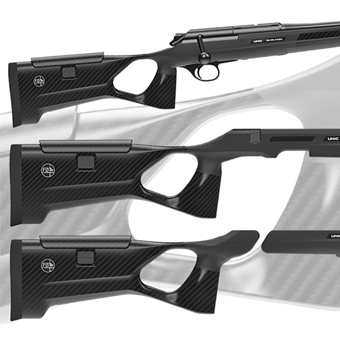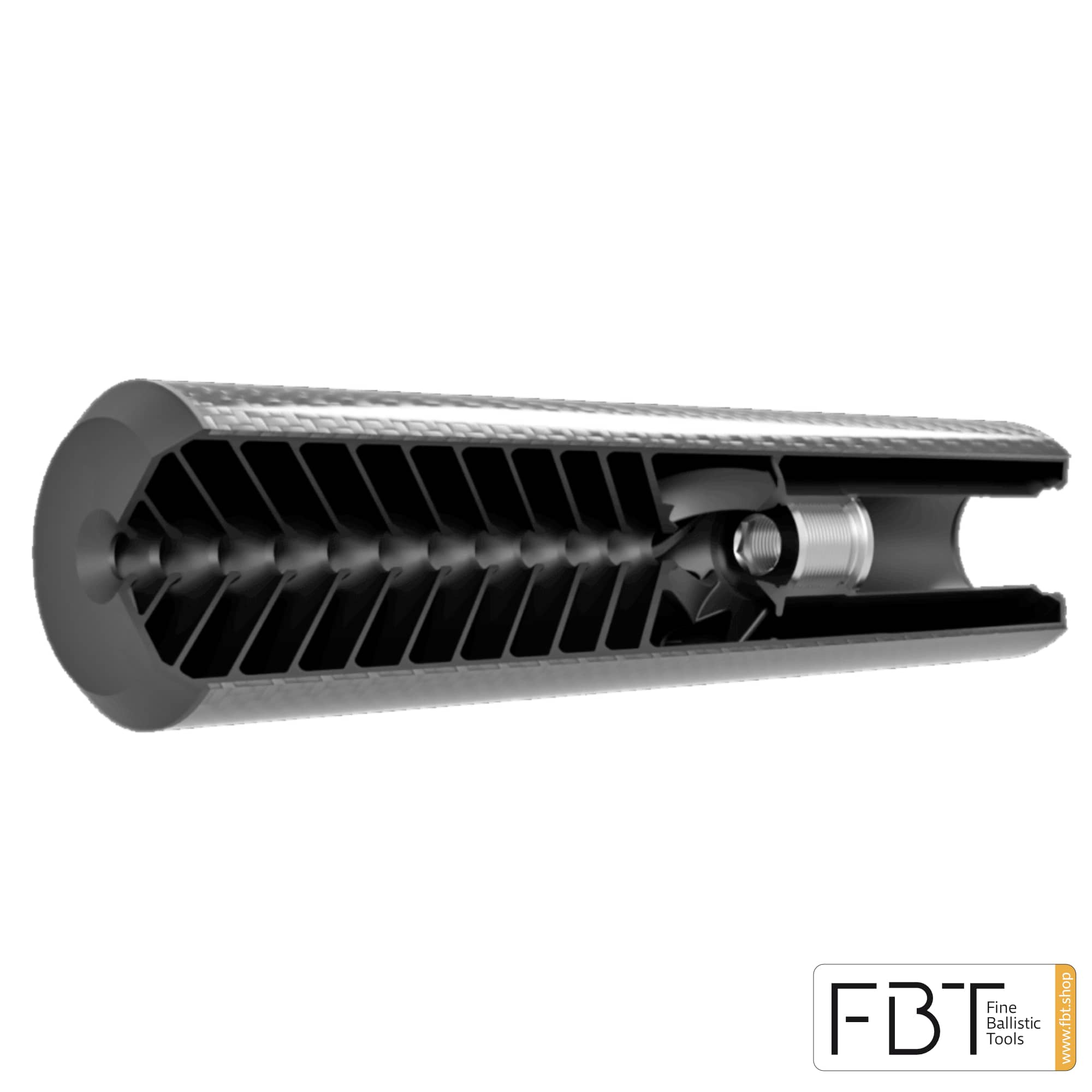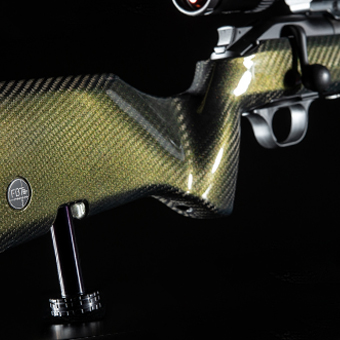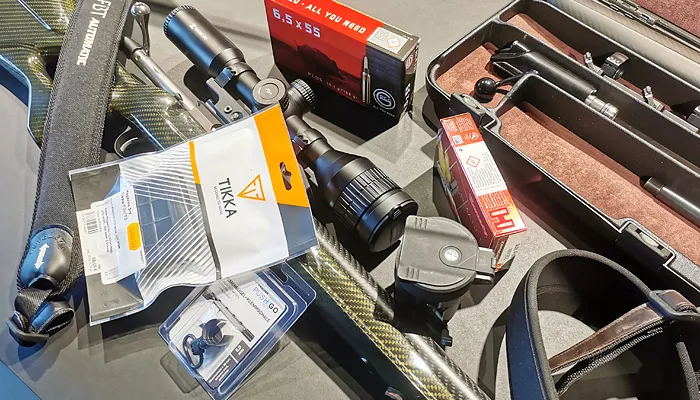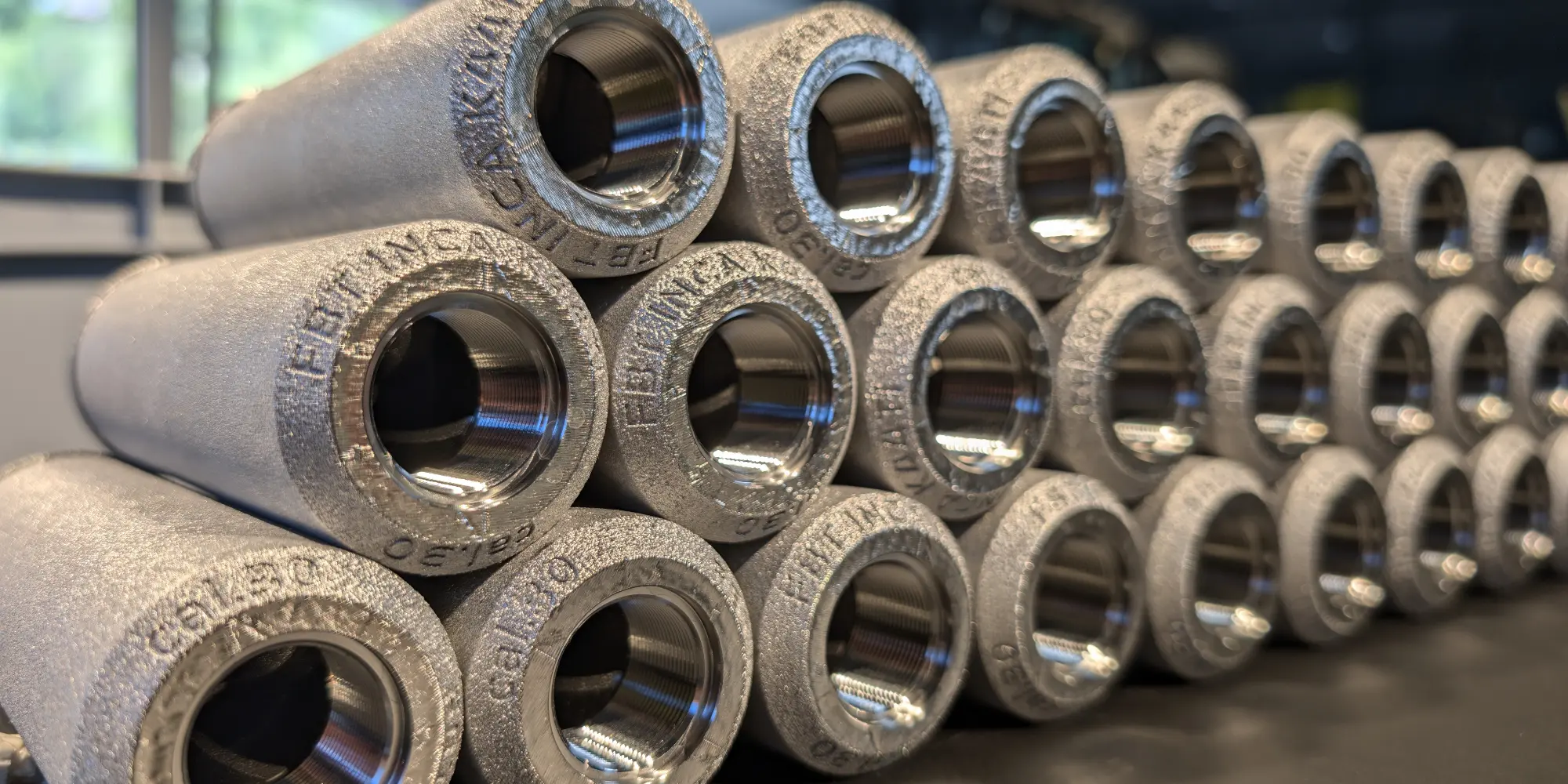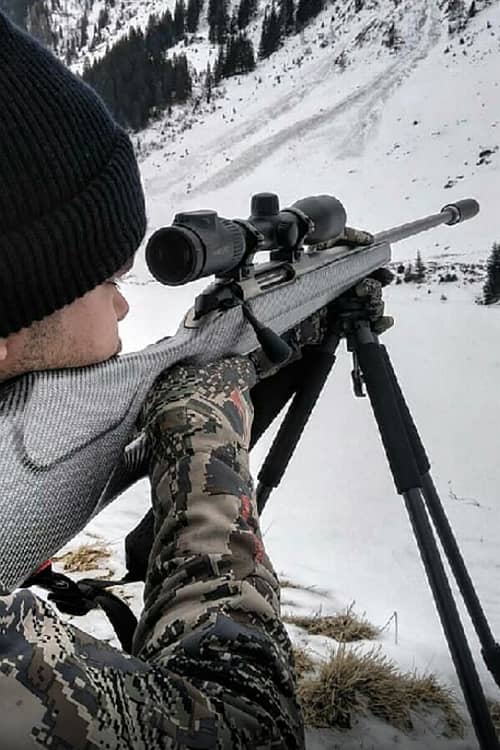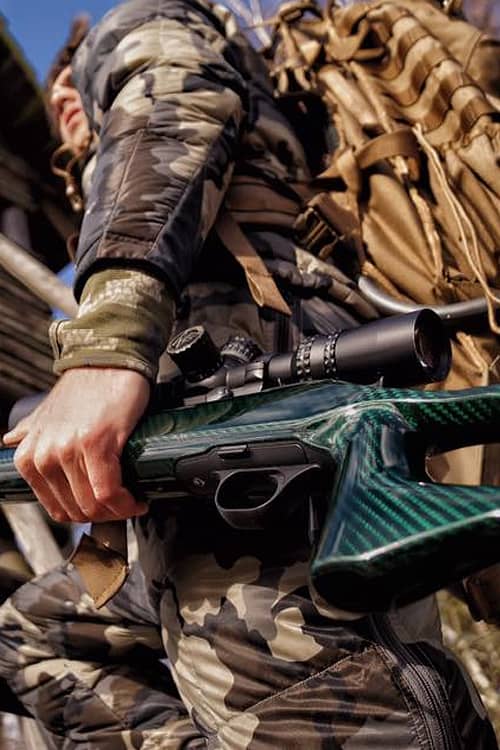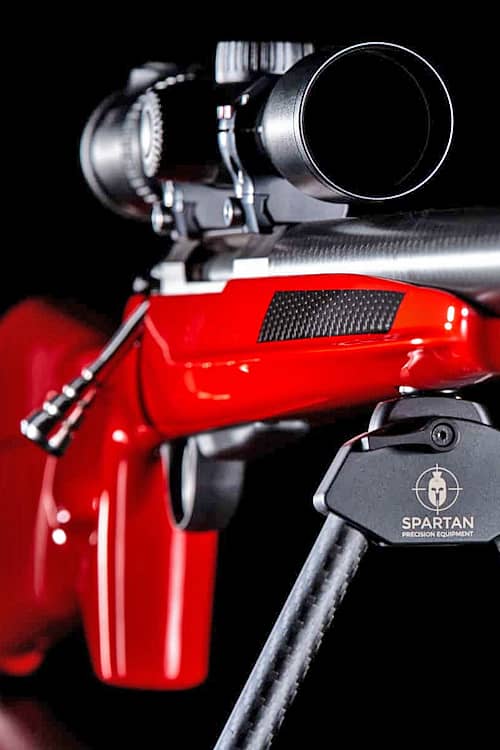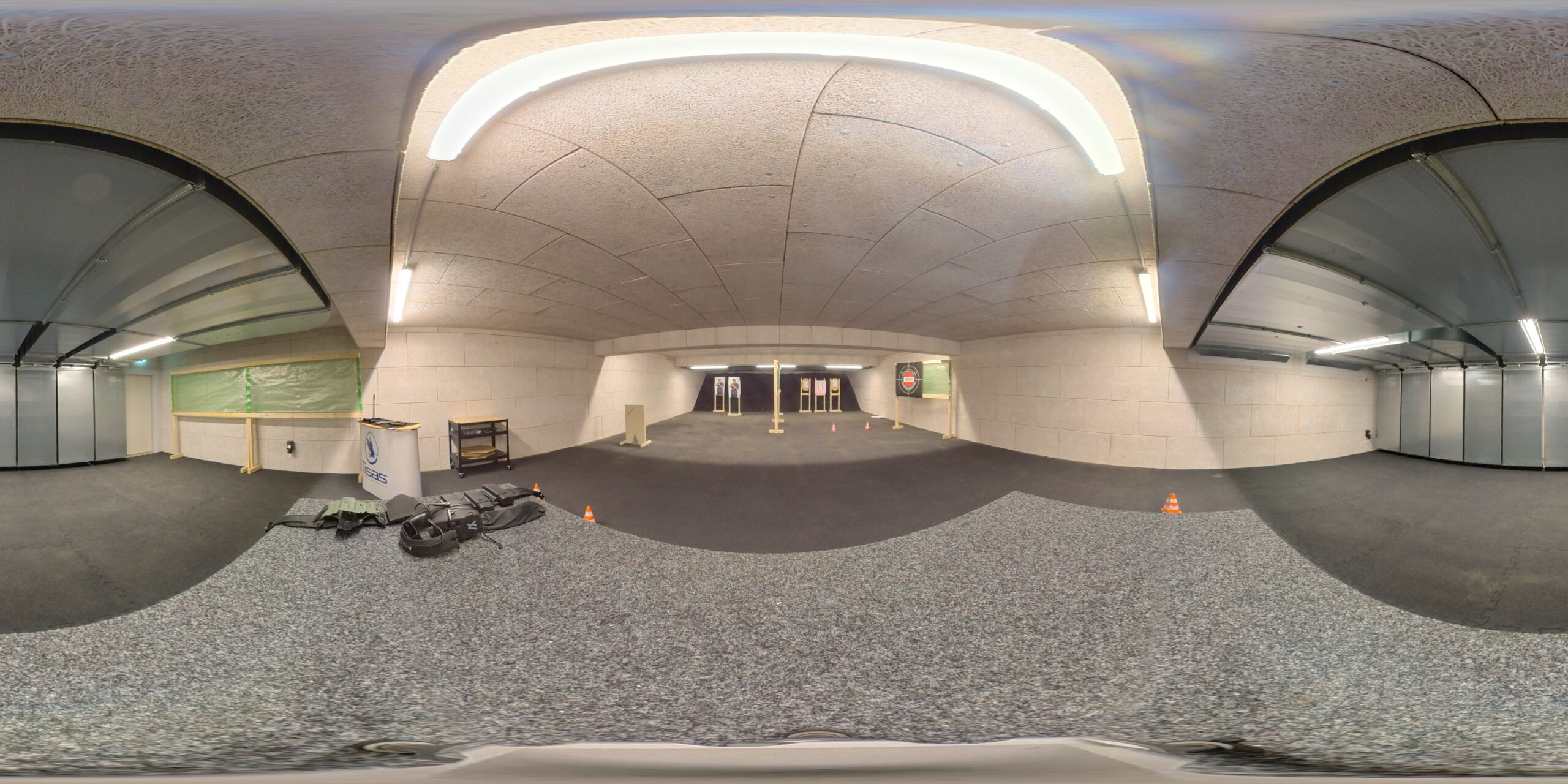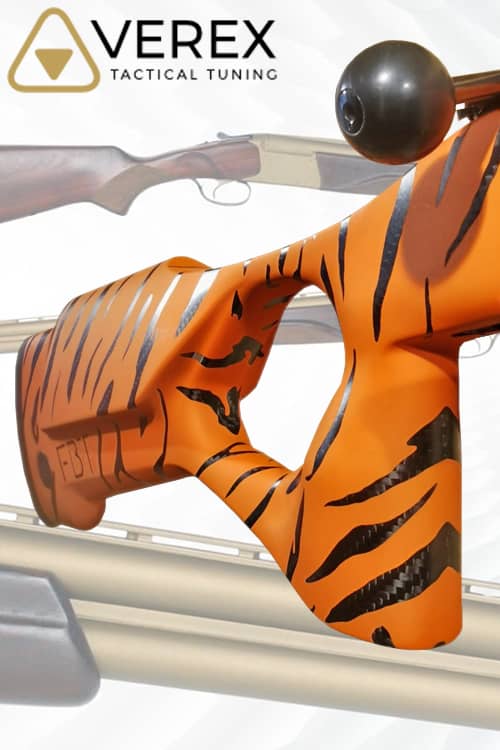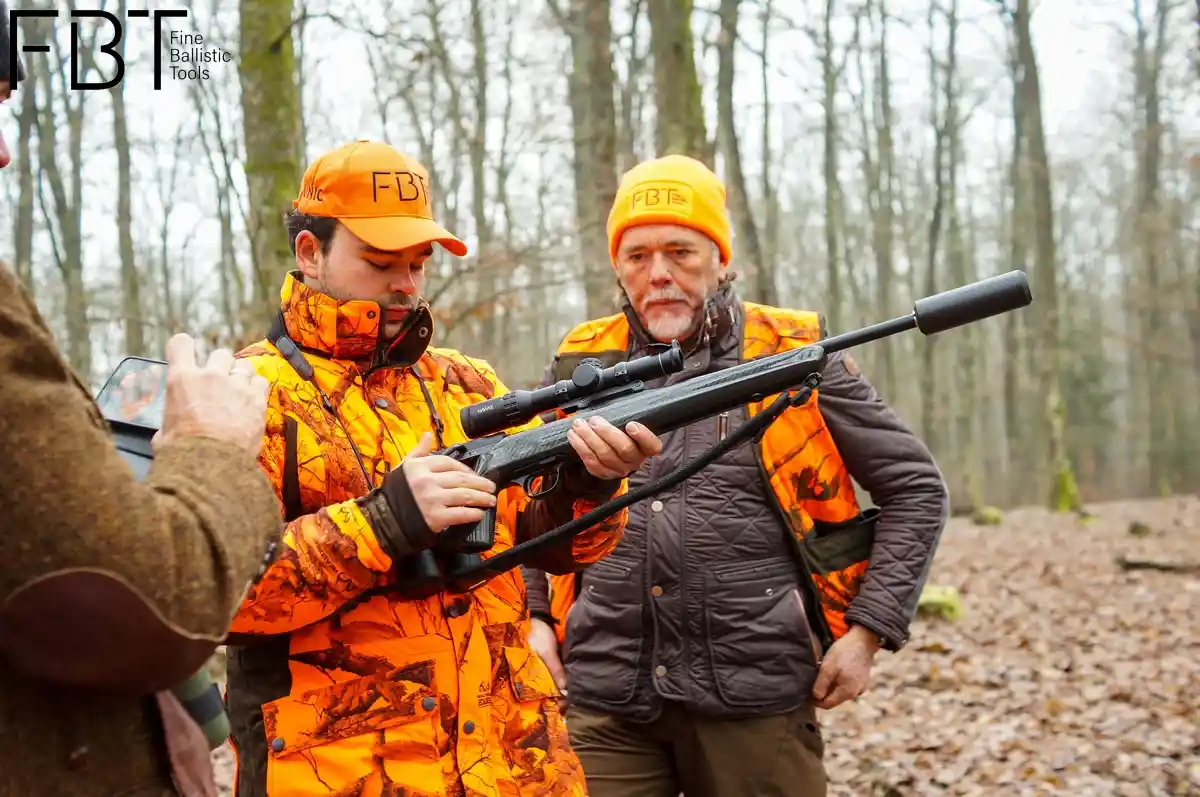Overview of weapon silencers in the EU | Legal information on the individual member states
The overview shows how diverse the topic is, e.g. on the subject of occupational safety for professional hunters and can always change. We accept no responsibility for the content. Before taking a silencer to another country, we strongly recommend that you check the local regulations carefully.
In the European Union (EU), the legal provisions governing the acquisition, possession and use of weapon silencers vary considerably between member states. Although EU Directive 2021/555 sets out general standards for the possession of weapons, the specific regulation of silencers is the responsibility of the individual countries.
EU regulations overviewCountry-specific regulations on the subject of silencers | an overview
- Austria: Silencers are considered prohibited weapons in accordance with Section 17 (1) of the Weapons Act. However, holders of a valid hunting licence who regularly hunt are exempt from the ban on acquiring, importing, possessing, transferring and carrying silencers. The exact handling may vary depending on the federal state.
IWOE - Germany: Silencers are legally treated like the corresponding firearms. Since 2020, hunters have been allowed to purchase silencers for long guns with centrefire ignition (no rimfire ignition) without a prior needs test, but must report the purchase to the firearms authority within two weeks and have it registered. A separate licence is still required for silencers for handguns or weapons with rimfire ignition.
CATALOGUE OF FINES - Denmark: Since 7 May 2014, hunters have been allowed to use silencers.
- Finland: The purchase of a silencer requires a gun ownership licence, which must be presented at the time of purchase.
- France: Silencers for small-calibre pistols can be purchased without official supervision.
- Italy: Silencers are considered restricted firearm accessories and may only be sold to the armed forces, police and government authorities. Silencers purchased before 4 November 2013 are an exception; these can be kept and used freely.
- Norway: Silencers are not regulated and can be purchased by anyone for any firearm without a licence or permit.
- Poland: Since 2020, hunters have been able to use silencers for the sanitary killing of animals, but only with the appropriate authorisation.
- Portugal: Since 22 September 2019, silencers have been permitted for hunters and sport shooters. They are considered accessories and do not require prior authorisation for purchase; they can be purchased by holders of a firearms licence upon presentation of the corresponding licence. Silencers do not have to be registered.
- Russian Federation: The use of silencers is prohibited and dealers are not allowed to sell them. However, there is no penalty for the purchase or possession of such devices.
- Spain: Silencers are generally prohibited, with the exception of air rifle "moderators", which are tolerated.
- Sweden: Since 1 July 2022, silencers have been regulated like ammunition. Anyone who is authorised to own a certain weapon may also own matching silencers.
- United Kingdom: Silencers are treated as controlled components and require an entry on the owner's firearms licence. It is generally assumed that a "good reason" for owning the firearm also implies a "good reason" for owning a silencer.
- Czech Republic: Silencers are classified as category C accessories and are therefore available to holders of a firearms licence and subject to registration.
- Denmark: Since 7 May 2014, hunters have been allowed to use silencers.
- Italy: Silencers are considered restricted firearm accessories and may only be sold to the armed forces, police and government authorities. Silencers purchased before 4 November 2013 are an exception; these can be kept and used freely.
You can find a comprehensive overview at Wikipedia



